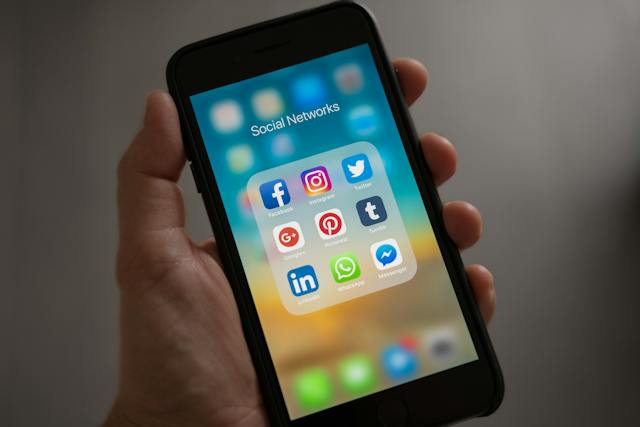
In the aftermath of any accident, the impulse to share the experience on social media platforms is common. However, it’s important for those injured in accidents to exercise restraint and discretion when it comes to their online activities post-accident. This caution stems from the significant impact social media can have on the outcome of a personal injury claim. Please continue reading and reach out to a dedicated Fairfield County, Connecticut personal injury lawyer from Casper & de Toledo to learn more about why you need to avoid using social media after an accident.


Why You Must Avoid Social Media after an Accident
First, understand that insurance companies and defense attorneys routinely scrutinize the social media accounts of claimants. It is a legal and strategic maneuver, employed to gather evidence that could potentially undermine the victim’s claim. A seemingly innocuous post or photograph can be misconstrued, leading to detrimental implications for your case.
Consider a scenario where you’ve posted a photo of yourself enjoying a social event after your accident. Even if you’re experiencing pain and participated minimally, this image can portray a narrative of health and well-being that conflicts with your injury claims. Such visual evidence, devoid of context, can be compelling in court, often casting doubt on the extent of your injuries.
Furthermore, comments or discussions about the accident, your health, or your legal case should be avoided. Casual remarks can be taken out of context, misconstrued, or used to challenge your credibility. It’s crucial to maintain a consistent and truthful narrative, both in legal proceedings and in public domains.
Second, be aware of the ‘digital footprint’ that any online post leaves behind. Deleting a post does not guarantee its removal from the internet; once shared, it can be replicated and stored in multiple places. Therefore, it’s advisable to adopt a cautious approach and refrain from sharing details about your accident or injury online.
Third, and this may be difficult to embrace, resist the temptation to remove a post. That might be viewed as concealing or even destruction of evidence.
The bottom line is that exercising caution and restraint online, particularly after an accident, is a critical part of preserving the integrity of a future personal injury claim. Your digital footprint has the potential to impact your case significantly; hence, prudent use of social media is not just advisable but necessary in these circumstances.
If you have any further questions or would like to speak with a competent personal injury lawyer about filing a claim, simply contact Casper & de Toledo today. We stand ready to fight for the full and fair compensation you deserve.

